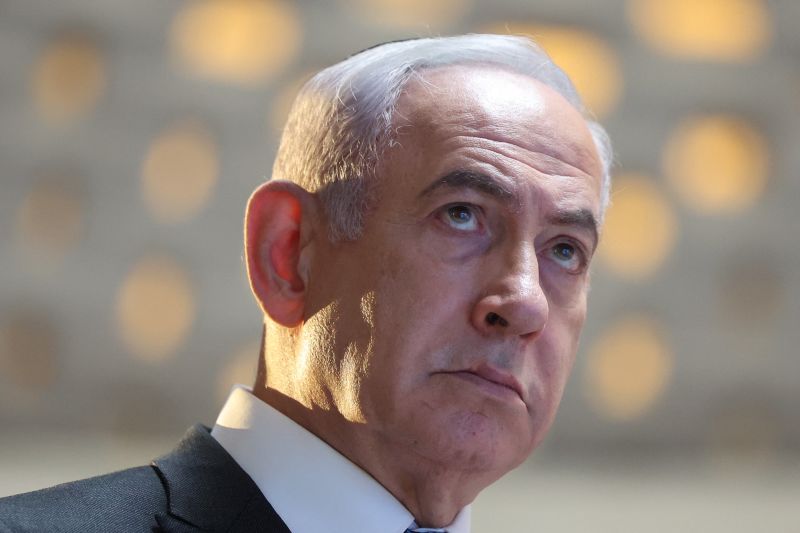The International Criminal Court (ICC), a renowned judicial assembly responsible for hearing cases of genocide, war crimes, crimes against humanity, and crimes of aggression, has recently issued an arrest warrant for the Israeli Prime Minister. This comes as a shock to many nations across the globe and lends weight to the scope of the ICC’s activities. This unprecedented move has already begun to have a ripple effect on international relations worldwide, underlining the prosecutorial powers of the ICC, while raising questions about global accountability and justice.
Firstly, it is crucial to understand the reasons behind the ICC’s action. The ICC has provided a series of allegations, all directed towards the actions of the Israeli Prime Minister, leading to this exceptional directive. The accusations are principally linked to war crimes and crimes against humanity in Palestinian territories, particularly in the Gaza Strip and West Bank. The arrest warrant portrays the gravity of the situation as the Israeli leader is the first sitting prime minister to be subject to such a mandate by the ICC.
Many international bodies and nations have shown their support to the ICC’s decision, notably those favoring Palestinian rights, including numerous human rights organizations globally. They claim that the arrest warrant stands as a symbolic victory for justice and is a step towards ending the extensive cycle of impunity. Supporters of the warrant believe it to be a strong message to leaders worldwide, underscoring that perpetrators of human rights abuses can be held accountable, regardless of their position or power.
On the other hand, this decision has been met with significant criticism, especially from Israel and its allies. They argue that the ICC is overstepping its bounds and meddling with issues that ought to be decided through diplomatic negotiations or other forums. Critics assert the ICC’s decision as highly politicized and biased against Israel, undermining its legitimacy and functionality. They further claim that this is a breach of state sovereignty and international law, as Israel is not a party to the Rome Statute, the treaty underpinning the ICC.
Furthermore, this decision has revealed several broader implications for international law and global justice. It emphasizes the ICC’s role and challenges in enforcing international criminal justice, especially when dealing with powerful state actors. Moreover, the controversy ignites a debate about the ICC’s jurisdiction and authority over non-member states.
Despite the broad condemnation from the Israeli state, it remains uncertain how this arrest warrant will be executed since the ICC does not have its police force. As a norm, such enforcement would be the job of national police services in countries that recognize the court’s jurisdiction. However, it would be unlikely that Israeli authorities will cooperate, which raises questions regarding the tangible implications of this warrant.
In essence, the ICC’s arrest warrant for the Israeli Prime Minister is a landmark development in international law. This occurrence has divided world opinions, catalyzed several debates on the authority of the ICC and its jurisdiction, sovereignty matters, and the principles of global justice. As the international community awaits the developments in this situation, it becomes necessary to watch the unfolding legal and political drama with eyes wide open. Concurrently, it is also bringing the urgent need for compliance with international law into sharp focus.




